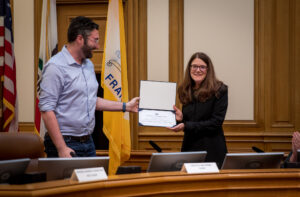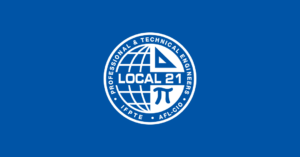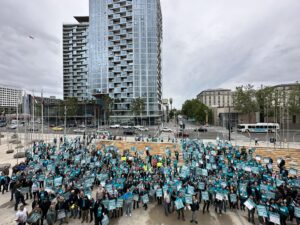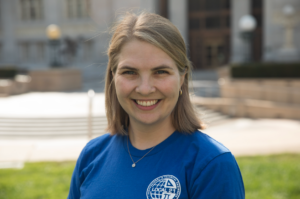
Josie Ahrens (she/her/hers) is a Transportation Planner with the City of Oakland and a proud member of Local 21. She sat down with us and shared her perspective as a union member, having grown up in a union family.
The Union Pride Campaign is an effort intended to share some of the amazing work that our Local 21 members do every day. We are highlighting members from several Local 21 jurisdictions, along with a variety of different classifications and many of our members who continued to work tirelessly serving the public during the global pandemic.
How does your work impact the public?
Josie Ahrens: I work on the Paving and Sidewalks Team in the Department of Transportation (DOT). Paving, sidewalks, and curb ramps are essential transportation services. Everyone uses these services whether you are walking, biking, driving, in a wheelchair, or taking public transit. My work helps to maintain and build new paving, sidewalks, and curb ramps in the City of Oakland.
I love that our work encompasses a universal service, but the way in which our disinvestment has been spread out around Oakland has not been universal. Some neighborhoods have seen more disinvestment because of historic policy decisions. My section and department are trying to right those wrongs by intentionally investing in areas that have not seen investment in a very long time and by ensuring that our policies moving forward make it so that everyone has safe access to all of these essential services.
At work, I am a part of the Racial Equity Team with the DOT. In Oakland, there is a city-wide team and then each department has their own team. We advance racial equity goals and I’ve been on the Data Analytics Subcommittee. We have put together a racial equity toolbox that staff can use to show where our priority neighborhoods are in the city. We do not call them disadvantaged or underserved — we call them priority neighborhoods because the city historically has not prioritized these areas.
Why are you proud to be a part of IFPTE Local 21?
JA: I’m proud to be a member of Local 21 because I’m proud to work for the public. I’m proud to work for the city that I am lucky to also live in. I’m proud because my coworkers try really hard. As city workers, we aren’t lazy and it’s not that we don’t care — we are often doing the work of 2-3 people and barely keeping our heads above water and so we are tired and things can fall through the cracks. Within Local 21, I feel like other people see that and recognize that and know that it can be better. We would not have been able to get our 3% increase just a few months ago if the union had not been there, alongside other unions that represent city workers. I am proud to be a part of a union that represents me and my values.
If we don’t know our coworkers and don’t know the issues that they’re facing, we can’t actually work through a common goal. Being in a union provides a framework to break down isolation, which is even more important during a pandemic.
How does your family/upbringing impact your values?
JA: I grew up in a union family in Los Angeles and my dad took me to rallies, pickets, and marches as a kid. That is how I got to know the city I grew up in both physically and politically. For me, it was a really important way that I learned to see the world. I saw a deep-rooted belief in collective action and justice — I carry that with me into the work that I do today and that early involvement instilled a desire to work for the public.
Although you grew up in a union family, is there anything that surprised you about being in a union yourself?
JA: A pleasant surprise is getting to know other people in different departments. I’ve been working full time for the City throughout the pandemic, which is when I started my job.
Through joining the union, I’ve been able to also connect with people who work in public service across the Bay Area and it has been a joy. I meet a lot of people who are newer like me, as well as people who have been around for 20 or 30+ years and have seen many of the same things come up and have had many of the same conversations. These members and leaders have a very nuanced and passionate look at how we can further improve working conditions and it is great to have that intergenerational knowledge.
Why are public services important? Why do they need more investment?
JA: Public services make up the foundation of our society. Without them, we wouldn’t have everything that we need: roads and schools, lighting, libraries, street trees, and everything in between. For so long, we have eroded what is important to us in terms of public services — we have not invested in our services and infrastructure. We are seeing the impact of that now with our crumbling bridges, potholes, dead street trees, lack of investment in education, and so much more.
I think our public services are what can make the City of Oakland a great place to live in, work in, and to travel to. I think if we really focused inward, we could provide for people that don’t have what they need. Paul Wellstone said, “we all do better when we all do better.”
It sounds trite, but it is true. When we all have access to what we need, we are all going to be safer and healthier.
